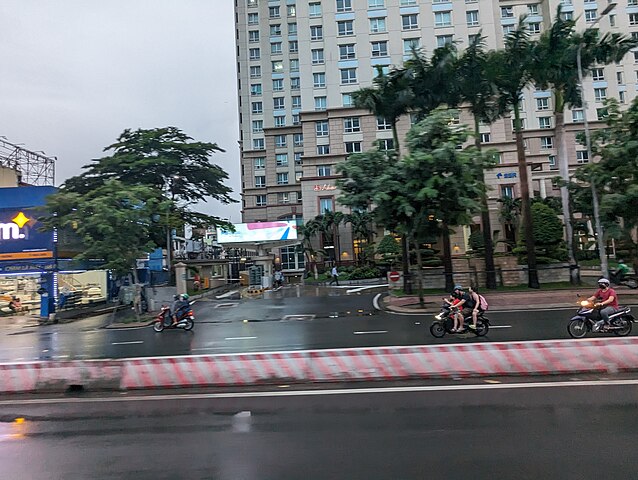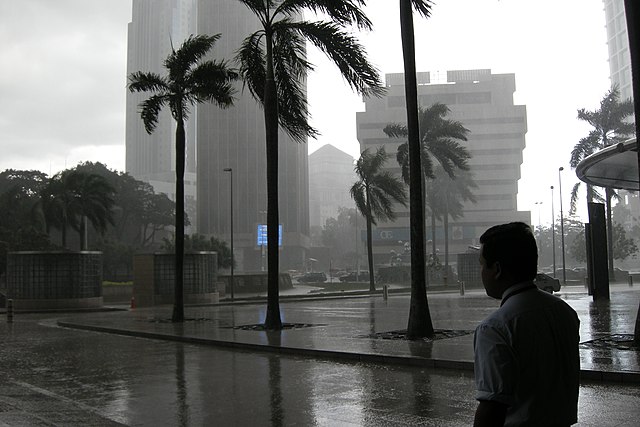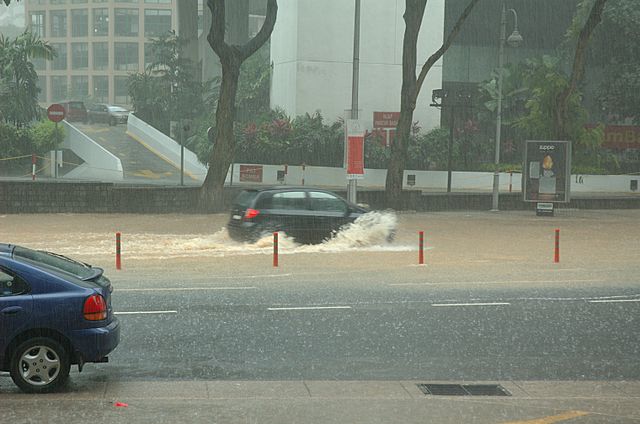
Thammasat University students interested in ASEAN studies, economics, sociology, political science, and related subjects may find it useful to participate in a free 2 April Zoom webinar on E-Launch and Discussion of The State of Southeast Asia: 2024 Survey Report.
The event, on Tuesday, 2 April 2024 at 8am Bangkok time, is presented by ISEAS – Yusof Ishak Institute, Singapore.
The TU Library collection includes several books about the state of Southeast Asia.
As explained on the event website,
The ASEAN Studies Centre at the ISEAS-Yusof Ishak Institute is pleased to invite you to attend the Launch and Discussion of The State of Southeast Asia: 2024 Survey Report. A high-level panel has been convened to discuss some of the survey’s major findings on the prevailing attitudes of Southeast Asian observers on regional political, economic and social issues.
Ms Sharon Seah, Senior Fellow and Coordinator of the ASEAN Studies Centre will present the key findings of the survey report; and Mr Choi Shing Kwok, Director and CEO of the ISEAS-Yusof Ishak Institute will moderate the discussion.
About the Survey and Webinar
Southeast Asia continues to face unprecedented challenges and political divisions in the context of the evolving dynamics between major powers and spillover effects from conflicts, and the rapidly changing global geopolitical and economic environment. What are their implications? What can or should the region’s response to these new dynamics be?
Against this backdrop, the ASEAN Studies Centre at the ISEAS-Yusof Ishak Institute conducted the sixth edition of ‘‘The State of Southeast Asia 2024” Survey in January – February 2024 to seek the views of Southeast Asian opinion leaders on regional affairs. The survey canvassed the views of 1,994 respondents from the policy, research, business, civil society, and media communities. Among the questions explored in this edition are the Israel-Hamas conflict; the Russia-Ukraine War; Taiwan Strait tensions; ASEAN Digital Economy Framework Agreement (DEFA); ASEAN leadership; China’s Vision of a Community with a Shared Future for Mankind; the US-China rivalry and its impact on Southeast Asia, levels of trust regarding the major powers; and soft power. The E-launch event will present key survey findings, which will be highlighted for discussion and analysis, by a distinguished panel of discussants.
About the Discussants
Professor Danny Quah is Li Ka Shing Professor in Economics and Dean of the Lee Kuan Yew School of Public Policy, National University of Singapore.
Ms. Bonnie Glaser is Managing Director of GMF’s Indo-Pacific program.
Professor Wu Xinbo is Dean of the Institute of International Studies and Director at the Center for American Studies, Fudan University.
Mr. Shin Nakayama is Editor-in-Chief for Nikkei Asia.
Students are invited to register at this link:
https://us06web.zoom.us/webinar/register/1217104044429/WN_nANh2ihkSbi0zvZkYJ5QRQ#/registration
The TU Library collection includes research published by Professor Danny Quah and by Professor Wu Xinbo.

Last year’s State of Southeast Asia 2023 Survey conducted by the ASEAN Studies Centre at ISEAS – Yusof Ishak Institute revealed that Southeast Asia’s top preoccupations were with recessionary pressures, potential military tensions, and a ‘slow and ineffective’ ASEAN. China continues to be regarded as the most influential economic and political power in the region and the US has sharpened its edge over China in the event of a forced choice while Japan remains its most trusted major power.
Among other reflections, the report noted:
Top Three Challenges Facing Southeast Asia
Nearly three years after the start of the global pandemic, the region began emerging from COVID-19’s shadow around the middle of 2022. Starting with Cambodia’s early lifting of restrictions in March 2022, almost all the countries in the region opened their borders to trade and travel by July 2022. By this time, public health concerns had eased with regional governments choosing to live endemically with COVID-19. Majority of Southeast Asians (59.5%) fear unemployment and economic recession coming out of the pandemic last year. Major geopolitical and economic developments such as the invasion of Ukraine by Russia which sparked an increase in energy and food prices meant that a fast recovery was not possible. A cost-of-living crisis preoccupied much of the public’s minds as commodities crunch and inflationary pressures reared their ugly heads. Unemployment and recessionary concerns are particularly elevated in Indonesia at 70.2%, Cambodia at 69.4% and Malaysia at 63.7%. 57.1% of Southeast Asians say that more frequent and intense weather events is the region’s second biggest challenge. 76.8% of Philippine respondents say that climate change is their biggest threat, overtaking unemployment and recession, as the Widening socio-economic gaps and rising income disparity 41.9% pain of destruction is felt most acutely from Typhoon Nalgae at the end of October 2022. Besides the Philippines, climate change is also the city-state Singapore’s top challenge at 60.1%. Brunei and Vietnam express similarly strong worries about the climate threat at 74.2% and 64.7% respectively. Climate change is also Malaysia’s and Indonesia’s second-ranked challenge at 61.3% and 60.3% respectively. Widening socio-economic gaps and rising income disparity and increased military tensions from potential flashpoints tie at third place (41.9%) on the list of top regional challenges. This is perhaps reflective of the rapidly changing geopolitical and economic environment that is felt across the world, not just in Southeast Asia. According to The Sustainable Development Goals Report 2022, income inequality within countries have increased by about one per cent on average, in emerging market and developing countries, reversing the gains made at the beginning of this millennium. At the country level, Brunei and Vietnam feel most acutely about the security threats arising from potential conflict over flashpoints such as the South China Sea, Taiwan Strait and the Korean Peninsula. […]

Top Three Concerns About ASEAN
Southeast Asians continue to express their disappointment with the effectiveness of the region’s top organisation – ASEAN. 82.6% of Southeast Asians say that the regional organisation is “slow and ineffective, and thus cannot cope with fluid political and economic developments”, a drastic 12.5 percentage point jump from 70.1% in 2022. The sense that ASEAN is simply reactive to external developments, unable to effect change, and becoming irrelevant in the new world order is felt strongest by Vietnam at 93.4% and Singapore at 89.9%. Of the group, Laos is least critical at 70.1% although this remains the top concern for Laos. The second-ranked challenge is the danger of ASEAN becoming an arena of major power competition and the fear that its member states may become major power proxies as expressed by 73.0% of respondents. For Cambodia, this concern ranks at the top at 84.3% ahead of concerns of ASEAN being slow and ineffective. This concern may be directly related to external pressures felt by Cambodia as ASEAN Chair in 2022. The sense that ASEAN is becoming increasingly disunited is shared by nearly two-thirds of respondents (60.7%). This may be related to a few issues that tested ASEAN unity. First, ASEAN countries adopted different country positions on the invasion of Ukraine by Russia in February 2022. This is evident in the different country voting positions at the UN and the absence of a strong regional response. Second, ASEAN’s lack of unified response to the Myanmar crisis that started with the 2021 coup has not gone unnoticed by observers. Myanmar (72.2%) and Singapore (70.2%) gave the worst marks on ASEAN’s unity scorecard.

(All images courtesy of Wikimedia Commons)
